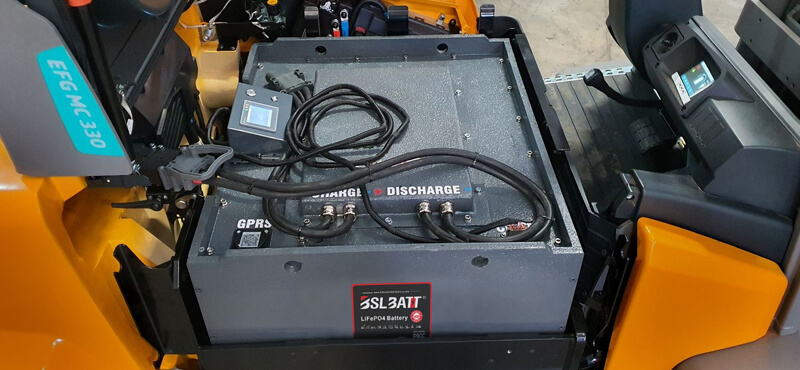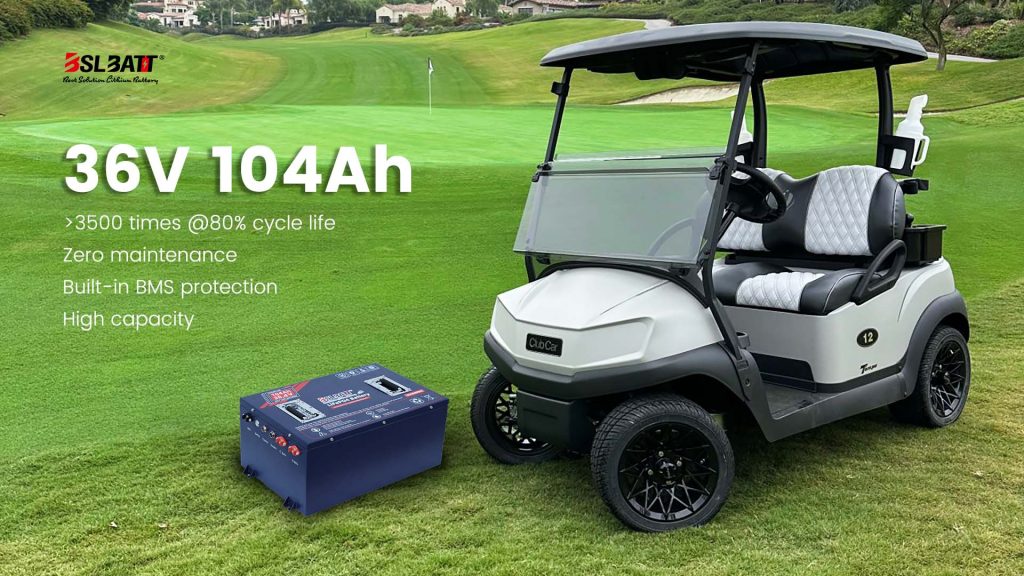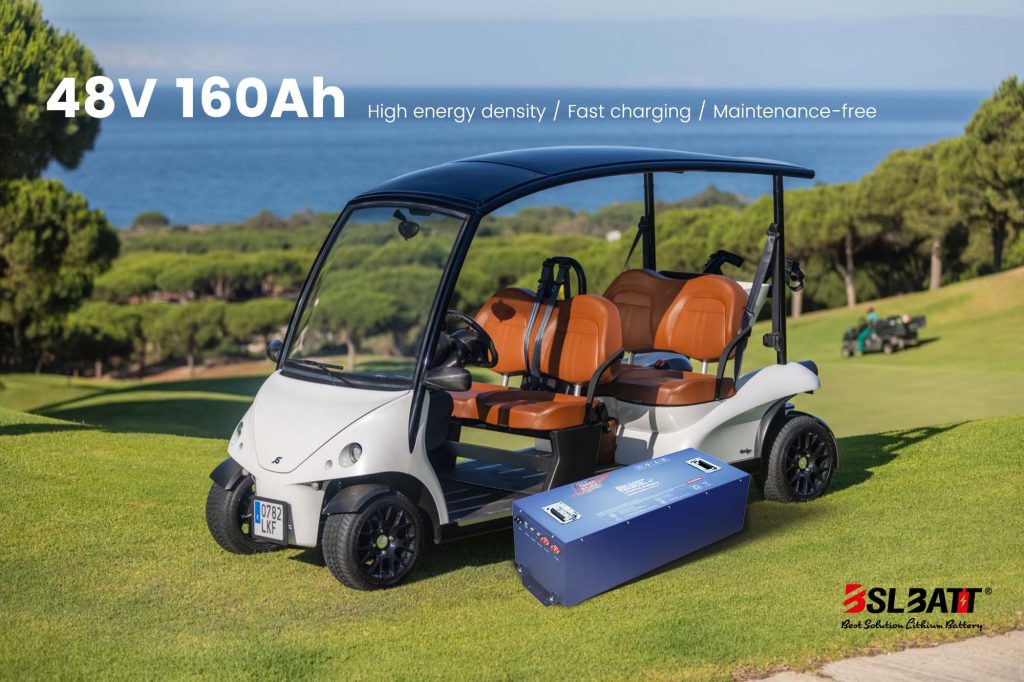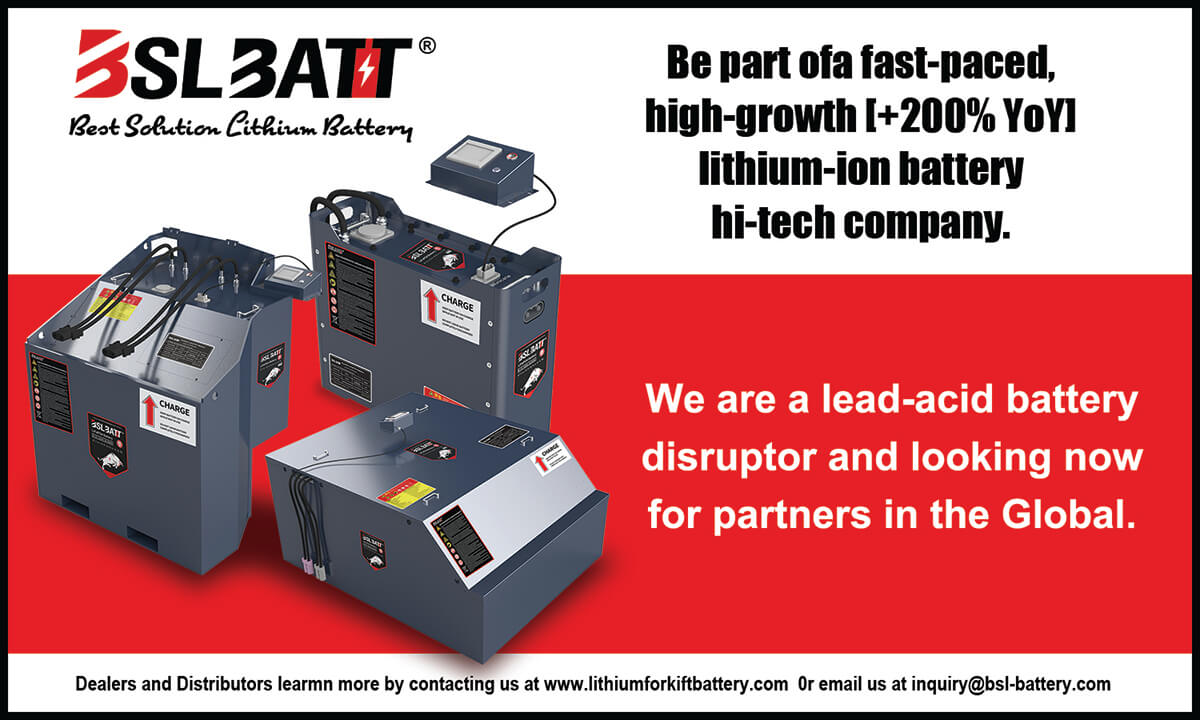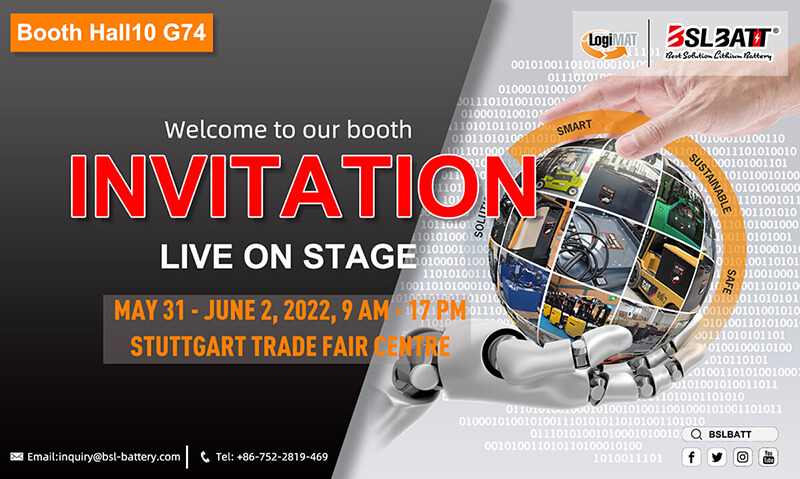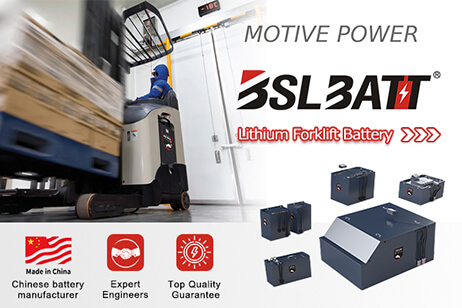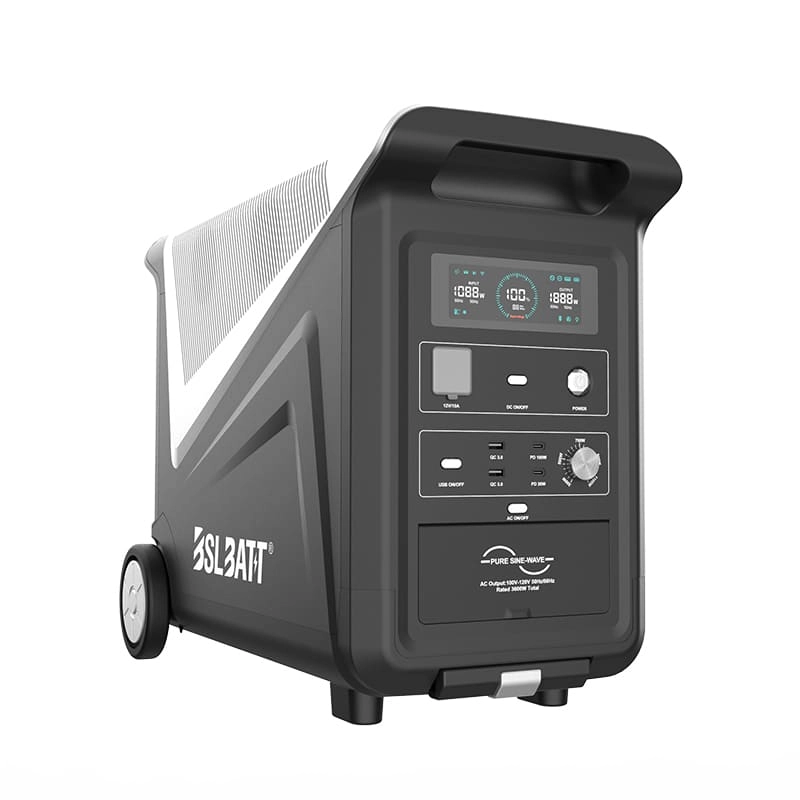Industry Application
Product Type
What is A Hybrid Solar System? Let’s Explore Together.
The demand for renewable energy sources has led to the development of innovative technologies that harness the power of the sun. One such advancement is the hybrid solar system. In this article, we will delve into the concept of a hybrid solar system, its components, advantages and disadvantages, and how it compares to off-grid solar systems.
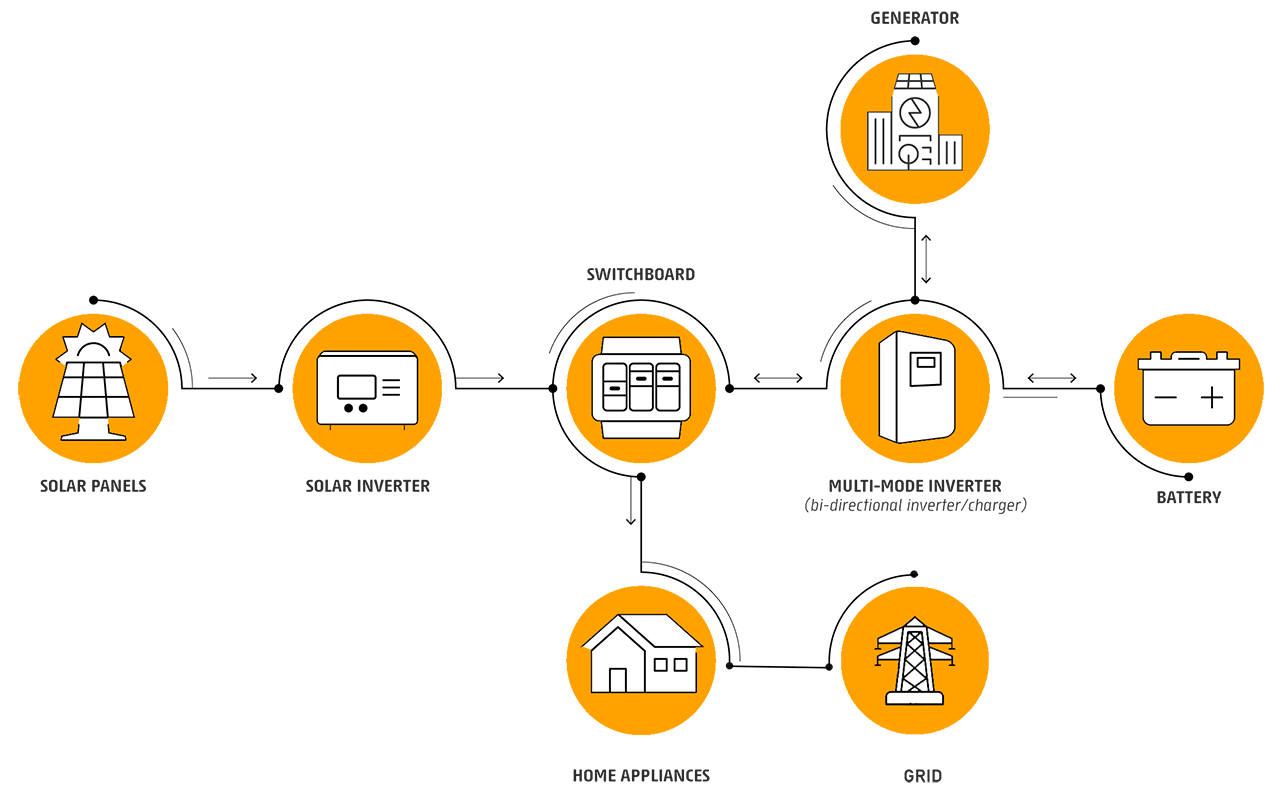
What is a Hybrid Solar System?
A hybrid solar system is a versatile and efficient energy solution that combines solar power generation with an additional energy source, typically a battery storage system or a backup generator. Unlike traditional grid-tied solar systems that rely solely on the grid or off-grid solar systems that operate independently, hybrid systems offer a flexible and reliable energy solution for both residential and commercial applications.
By integrating multiple energy sources, hybrid solar systems can overcome the limitations of standalone solar systems, such as intermittent power generation during cloudy days or at night. They are designed to maximize the self-consumption of solar energy, store excess electricity for later use, and provide backup power during outages.
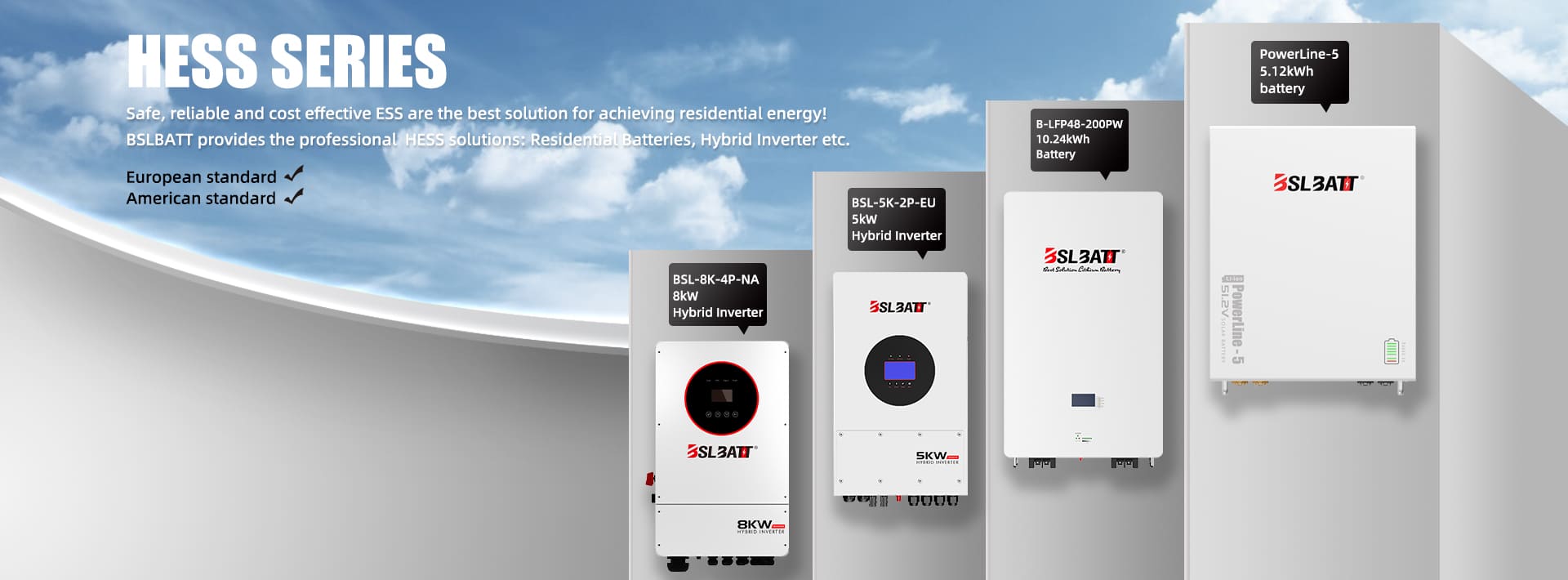
Components Included in a Hybrid Solar System:
A hybrid solar system comprises several key components that work together seamlessly to ensure efficient energy production and utilization. These components typically include:
a) Solar Panels: These photovoltaic (PV) panels harness sunlight and convert it into electricity, providing the primary source of energy for the system.
b) Inverter: The inverter converts the direct current (DC) electricity generated by the solar panels into alternating current (AC) electricity, suitable for powering household appliances and feeding back excess energy into the grid or storage system.
c) Battery Storage System: The battery storage component, often utilizing lithium batteries, stores excess solar energy generated during the day for use during periods of low solar generation or high energy demand. It ensures a steady power supply and enables greater self-sufficiency, especially during power outages.
d) Backup Generator: In situations where solar energy and battery storage are insufficient, a backup generator can be integrated into the hybrid system to provide additional power, ensuring uninterrupted energy supply during extended periods of low solar generation or battery depletion.
Advantages and Disadvantages of Hybrid Solar Systems:
Advantages:
Increased Self-Consumption: Hybrid systems allow homeowners and businesses to maximize the utilization of solar energy by storing excess electricity for later use, reducing reliance on the grid and lowering electric bills.
Energy Independence: Hybrid solar systems offer a degree of energy independence, as they can operate both on and off the grid, providing uninterrupted power during grid outages or in remote locations without grid access.
Environmental Benefits: By utilizing solar energy and reducing reliance on non-renewable sources, hybrid systems contribute to a cleaner environment and help promote renewable energy adoption.
Flexibility and Adaptability: Hybrid systems can be customized to meet specific energy needs, making them suitable for a variety of applications, from residential homes to commercial buildings.
Disadvantages:
Initial Cost: Hybrid solar systems tend to have higher upfront costs compared to standalone solar systems due to the additional components required, such as batteries and backup generators. However, these costs are often offset by long-term energy savings.
Maintenance: The presence of multiple components in a hybrid system may require additional maintenance and monitoring to ensure optimal performance and longevity.
System Complexity: Hybrid systems involve the integration of various technologies, which may require professional installation and expertise for proper setup and operation.
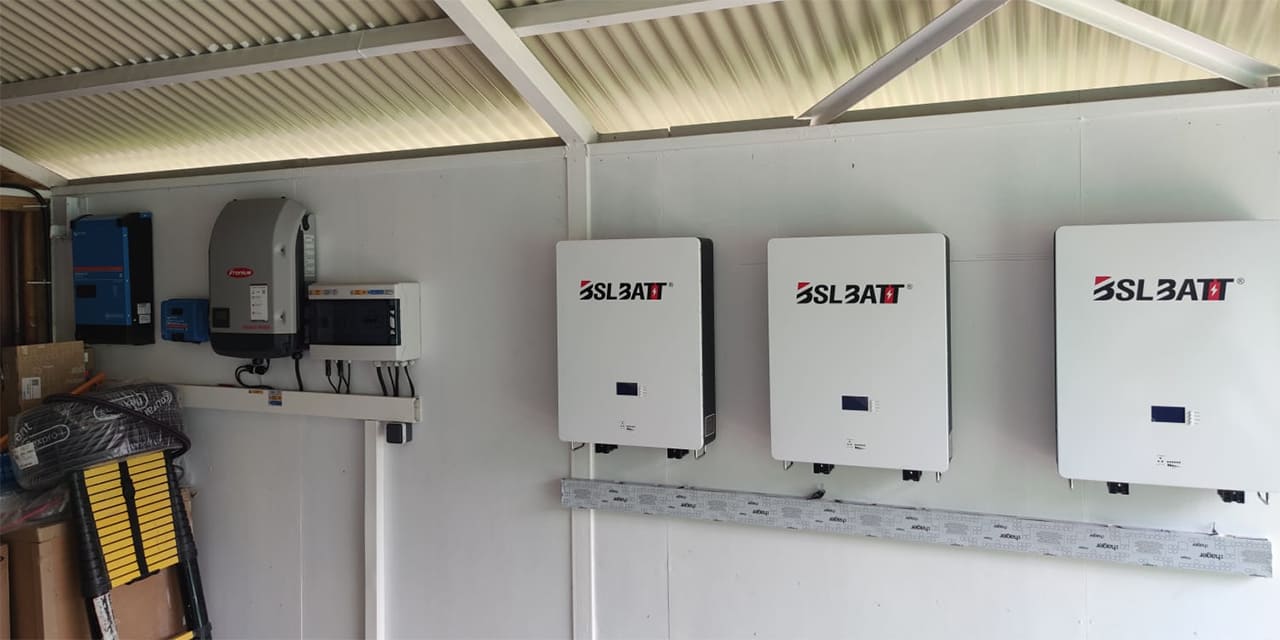
Comparison of Hybrid Solar Systems and Off-Grid Solar Systems:
While hybrid solar systems and off-grid solar systems share similarities in terms of utilizing solar power, there are distinct differences between the two:
Grid Connection: Hybrid solar systems remain connected to the grid, allowing for grid supply as backup power and the ability to feed excess energy back into the grid. Off-grid solar systems, on the other hand, operate independently without any connection to the grid.
Battery Storage Capacity: Hybrid systems are equipped with a battery storage system, often utilizing lithium batteries, enabling energy storage for later use. Off-grid solar systems typically have larger battery banks to support extended periods without sunlight.
Energy Independence: Both systems offer a level of energy independence, but off-grid solar systems provide complete self-sufficiency, whereas hybrid systems may still rely on the grid during times of high demand or low solar generation.
Hybrid solar systems represent an innovative and efficient approach to energy generation and consumption. By combining the benefits of solar power, battery storage (including lithium batteries), and backup generators, these systems offer increased self-consumption, energy independence, and environmental sustainability. While they require an initial investment and maintenance, the long-term benefits make them an attractive choice for those seeking a reliable and sustainable energy solution that is connected to the grid.
A Guide to Choosing the Best 48V Lithium Golf Cart Battery
Would it be worth investing in a 48V ...
10 Exciting Ways To Use Your 12V Lithium Batteries
Back in 2016 when BSLBATT first began designing what would become the first drop-in replacemen...
BSLBATT Battery Company Receives Bulk Orders from North American Customers
BSLBATT®, a China Forklift battery manufacturer specializing in the material handling indust...
Fun Find Friday: BSLBATT Battery is coming to another great LogiMAT 2022
MEET US! VETTER’S EXHIBITION YEAR 2022! LogiMAT in Stuttgart: SMART – SUSTAINABLE – SAF...
Looking for new Distributors and Dealers for BSL Lithium Batteries
BSLBATT battery is a fast-paced, high-growth (200% YoY ) hi-tech company that is leading the a...
BSLBATT to Participate at MODEX 2022 on March 28-31 in Atlanta, GA
BSLBATT is one of the largest developers, manufacturers, and integrators of lithium-ion batter...
What makes the BSLBATT the Superior Lithium Battery for your Motive Power needs?
Electric forklift and Floor Cleaning Machines owners who seek the ultimate performance will fi...








